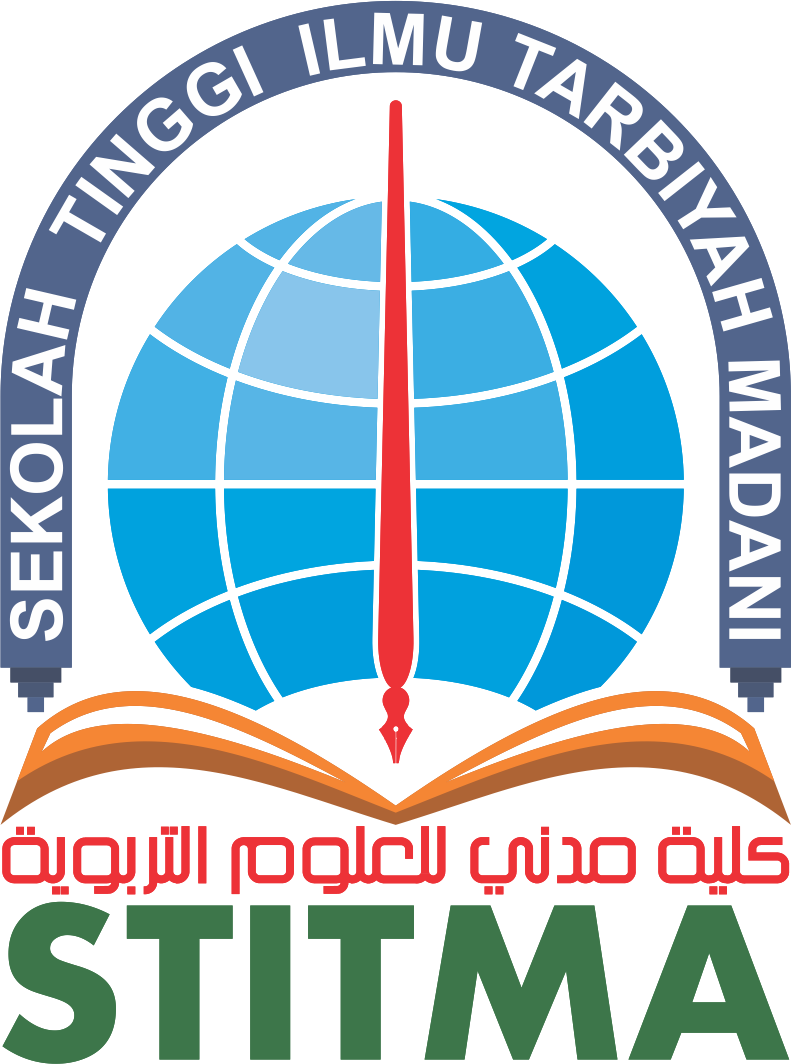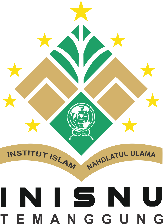The Paradigm of Physical Punishment from the Perspective of Islamic Education and Its Implementation in Indonesia and Malaysia
DOI:
https://doi.org/10.59944/postaxial.v3i3.474Keywords:
Islamic education, Physical punishment, Ta’dib, Pesantren, Child RightsAbstract
This study explores the paradigm of physical punishment within Islamic educational institutions in Indonesia and Malaysia, examining its theological justifications, cultural roots, institutional frameworks, and practical implications. Using a qualitative comparative case study approach, data were collected through interviews with educators, students, and community leaders; classroom observations; and analysis of policy and curriculum documents. The findings indicate that while both countries share normative references to Islamic teachings, their interpretations and applications of physical discipline vary. In Indonesia, especially in traditional pesantren, physical punishment is often viewed as a tool for moral formation under the concept of ta’dib. In contrast, Malaysia demonstrates a gradual shift toward more compassionate and rights-based approaches to discipline, driven by stronger regulatory frameworks and public discourse. However, challenges such as lack of teacher training, uneven policy implementation, and persistent cultural beliefs continue to shape practices in both countries. The study concludes that a transformative approach to Islamic education requires balancing religious values with child protection principles and contemporary pedagogical thought, encouraging a shift toward holistic, non-violent educational practices.
References
Abdullah, M. A. (2014). Islamic education and human resource development in Southeast Asia. Tafhim, 7(1), 57–77.
Ahmad, S., & Rahim, H. (2020). Teachers’ perceptions on corporal punishment in Islamic education. Journal of Islamic Educational Studies, 8(2), 45–58.
Al-Attas, S. M. N. (1979). The concept of education in Islam. Muslim Youth Movement of Malaysia.
Ali, M., & Hassan, N. (2018). The ethical limits of punishment in Islamic education: A maqasid approach. International Journal of Islamic Thought, 13(1), 77–89.
Arifin, S. (2017). Kebijakan pendidikan Islam di Indonesia: Telaah regulasi dan implementasinya. Kencana.
Azra, A. (2012). Education and the dynamics of Islamic modernization in Indonesia. Ministry of Religious Affairs.
Bowen, G. A. (2009). Document analysis as a qualitative research method. Qualitative Research Journal, 9(2), 27–40.
Braun, V., & Clarke, V. (2006). Using thematic analysis in psychology. Qualitative Research in Psychology, 3(2), 77–101.
Creswell, J. W., & Poth, C. N. (2018). Qualitative inquiry and research design: Choosing among five approaches (4th ed.). SAGE.
Fitrianto, I. (2019). ماليزيا بجامعة دار السلام كونتور العام: KUISتنفيذ الدورة المكثفة في اللغة العربية لطلاب الكلية الجامعية الإسلامية العالمية بسلانجور 2018 (Doctoral dissertation, University of Darussalam Gontor).
Fitrianto, I. (2024). Critical Reasoning Skills: Designing an Education Curriculum Relevant to Social and Economic Needs. International Journal of Post Axial: Futuristic Teaching and Learning, 245-258.
Fitrianto, I. (2024). Innovation and Technology in Arabic Language Learning in Indonesia: Trends and Implications. International Journal of Post Axial: Futuristic Teaching and Learning, 134-150.
Fitrianto, I. (2024). Strategi Guru Pai Dalam Mengatasi Kesulitan Belajar Pada Mata Pelajaran Hadis Kelas 8 MTS Ibadurrahman Subaim. IJER: Indonesian Journal of Educational Research, 356-363.
Fitrianto, I., & Abdillah, F. M. (2018). MODEL PEMBELAJARAN PROGAM PEMANTAPAN BAHASA ARAB DAN SHAHSIAH (KEMBARA) KE 4 MAHASISWA KOLEJ UNIVERSITI ISLAM ANTAR BANGSA SELANGOR (KUIS) TAHUN 2018. University of Darussalam Gontor 15-16 September 2018, 121.
Fitrianto, I., & Hamid, R. (2024). Morphosemantic Changes in the Arabic Language in the Social Media Era: A Study of Neologisms and Their Impact on Youth Communication/التغيرات المورفوسيمانتية في اللغة العربية في عصر وسائل التواصل الاجتماعي: دراسة حول النيو لوغيزم وتأثيرها على تواصل الشباب. IJAS: International Journal of Arabic Studies, 1(1 September), 25-39.
Fitrianto, I., & Saif, A. (2024). The role of virtual reality in enhancing Experiential Learning: a comparative study of traditional and immersive learning environments. International Journal of Post Axial: Futuristic Teaching and Learning, 97-110.
Fitrianto, I., Hamid, R., & Mulalic, A. (2023). The effectiveness of the learning strategy" think, talk, write" and snowball for improving learning achievement in lessons insya'at Islamic Boarding School Arisalah. International Journal of Post Axial: Futuristic Teaching and Learning, 13-22.
Gershoff, E. T., & Grogan-Kaylor, A. (2016). Spanking and child outcomes: Old controversies and new meta-analyses. Journal of Family Psychology, 30(4), 453–469.
Hariz, M. (2015). Reclaiming education for holistic human development: A framework from the Islamic tradition. Islamic Studies Journal, 54(2), 233–250.
Hasan, M., & Jamil, F. (2021). Reinterpreting Islamic pedagogy in the light of human rights. Journal of Muslim Education Reform, 9(3), 112–128.
Hashim, R., & Langgulung, H. (2008). Islamic religious curriculum in Muslim countries: The experiences of Indonesia and Malaysia. Bulletin of Education and Research, 30(1), 1–19.
Hassan, R., & Fauzi, M. (2019). Classical Islamic discipline methods: Relevance in modern educational practices. Journal of Contemporary Islamic Studies, 5(1), 23–34.
Ismail, A., & Roslan, H. (2022). Corporal punishment in Malaysian Islamic schools: Legal and ethical considerations. Malaysian Journal of Education, 47(1), 89–102.
Jalal, F., et al. (2009). Pengembangan pendidikan di Indonesia: Reformasi dan otonomi. Ministry of National Education.
Kamaruddin, S., & Latif, N. (2018). Parental attitudes towards physical discipline in religious schools. Asian Education Review, 14(2), 55–69.
Merriam, S. B. (2009). Qualitative research: A guide to design and implementation. Jossey-Bass.
Merriam, S. B., & Tisdell, E. J. (2016). Qualitative research: A guide to design and implementation (4th ed.). Jossey-Bass.
Ministry of Education Malaysia. (2013). Education blueprint 2013–2025. Ministry of Education Malaysia.
Nilan, P. (2009). Contemporary masculinities and young men in Indonesia. Indonesia and the Malay World, 37(109), 327–344.
Palinkas, L. A., Horwitz, S. M., Green, C. A., Wisdom, J. P., Duan, N., & Hoagwood, K. (2015). Purposeful sampling for qualitative data collection and analysis in implementation research. Administration and Policy in Mental Health and Mental Health Services Research, 42(5), 533–544.
Patton, M. Q. (2002). Qualitative research & evaluation methods (3rd ed.). SAGE.
Putra, Y., & Wulandari, E. (2021). Child protection in pesantren: Legal and religious perspectives. Indonesian Journal of Islamic Law and Society, 6(1), 91–108.
Rahman, A. (2017). Ethics in Islamic education: The balance between discipline and compassion. Islamic Pedagogy Review, 3(2), 33–49.
Rosnani, H. (2004). Educational dualism in Malaysia: Implications for theory and practice. Oxford University Press.
Salleh, S., & Mahmud, N. (2020). Comparative education and Islamic values in Southeast Asia. Southeast Asian Journal of Islamic Education, 2(1), 21–38.
Shenton, A. K. (2004). Strategies for ensuring trustworthiness in qualitative research projects. Education for Information, 22(2), 63–75.
Stake, R. E. (2010). Qualitative research: Studying how things work. Guilford Press.
Straus, M. A. (2001). Beating the devil out of them: Corporal punishment in American families and its effects on children. Transaction Publishers.
UNICEF Malaysia. (2019). Children’s rights and Islamic schooling: A policy review. UNICEF Policy Brief Series.
UNICEF. (2014). Ending violence in schools: Protecting children from corporal punishment. UNICEF Publications.
Yusuf, M., & Karim, R. (2020). Toward a child-centered Islamic education. International Journal of Islamic Education, 11(1), 15–31.
Zakaria, H., & Ahmad, M. (2021). Comparative Islamic education policies in Indonesia and Malaysia. Journal of Comparative Religious Education, 7(2), 65–83.






